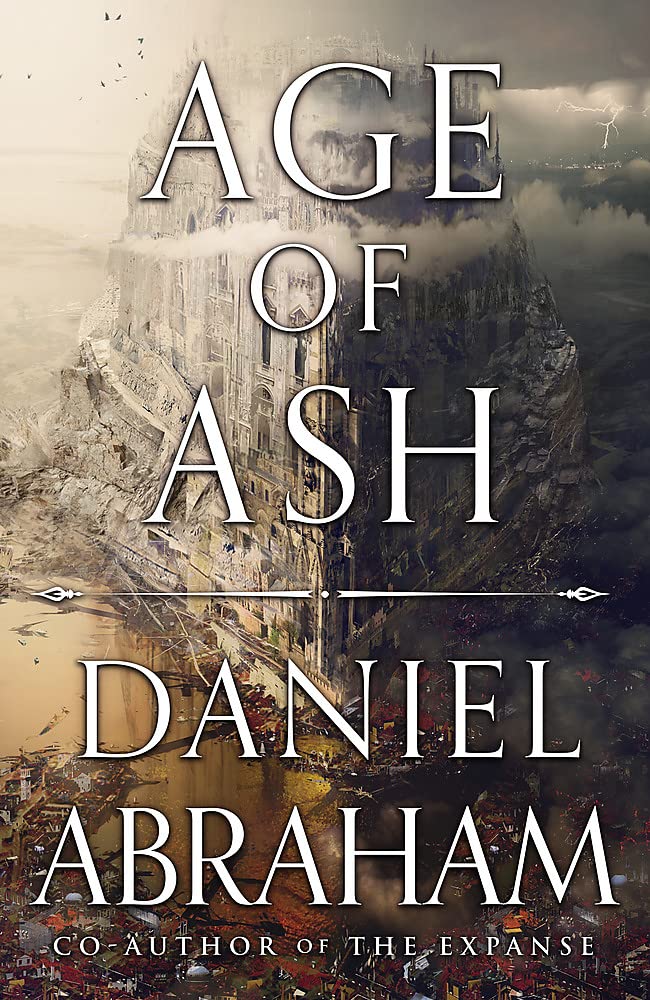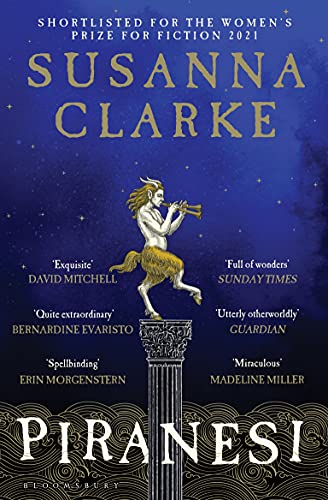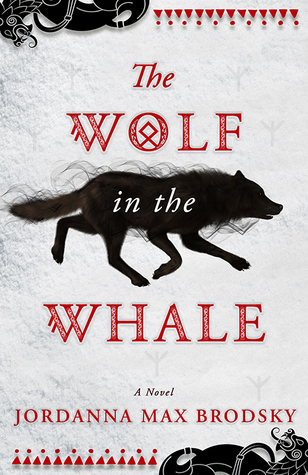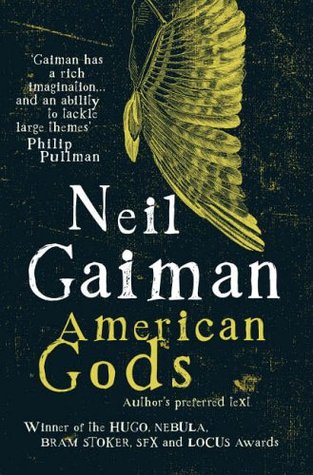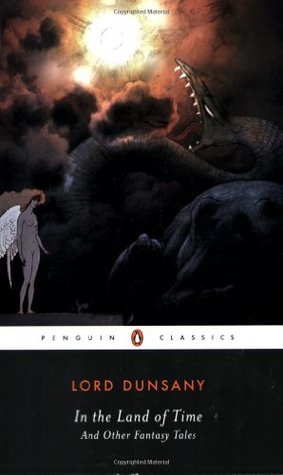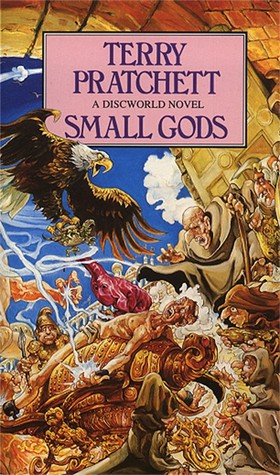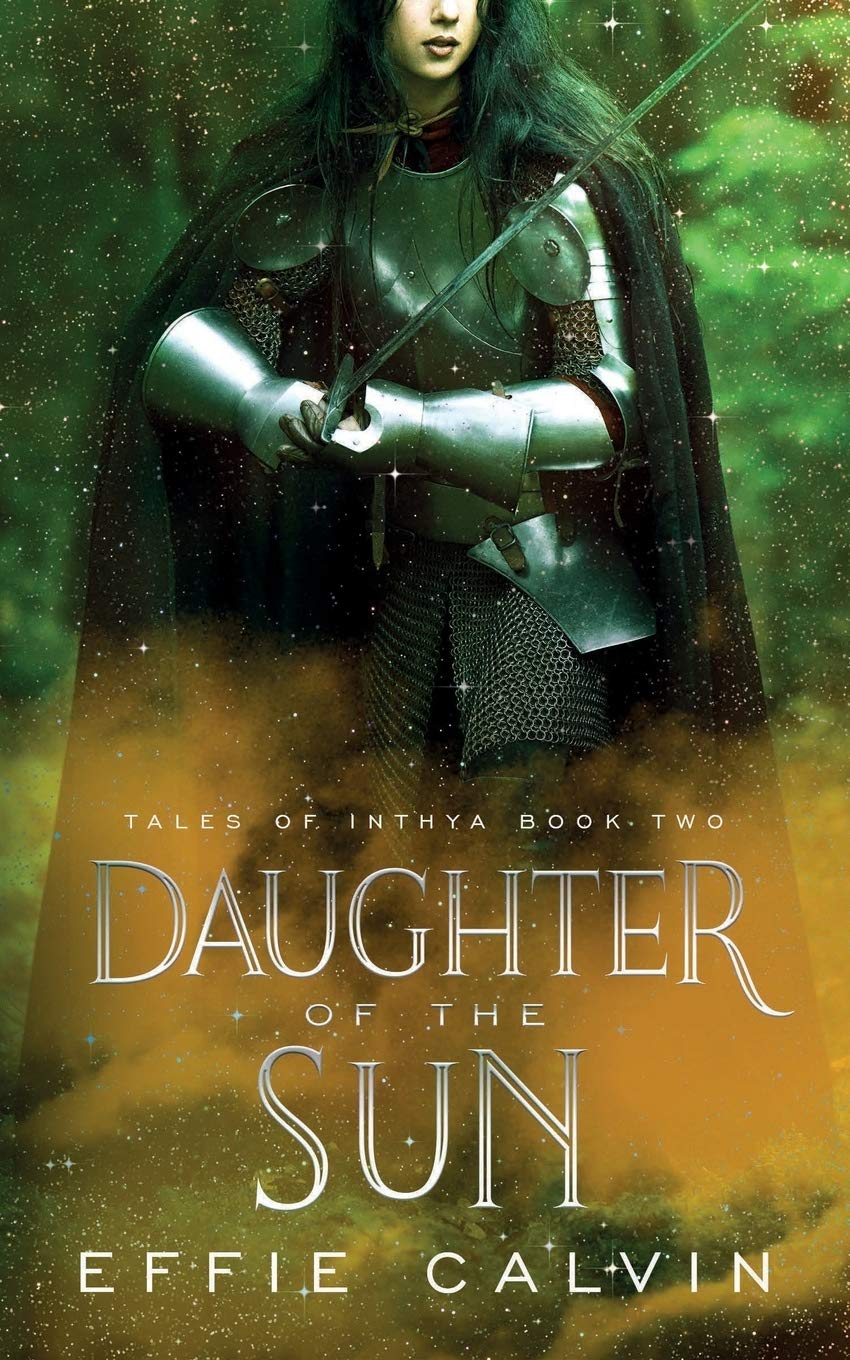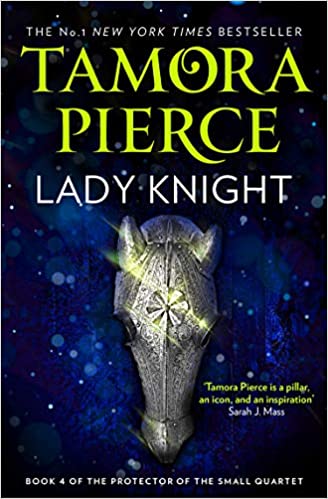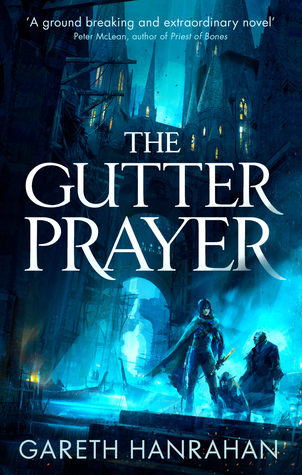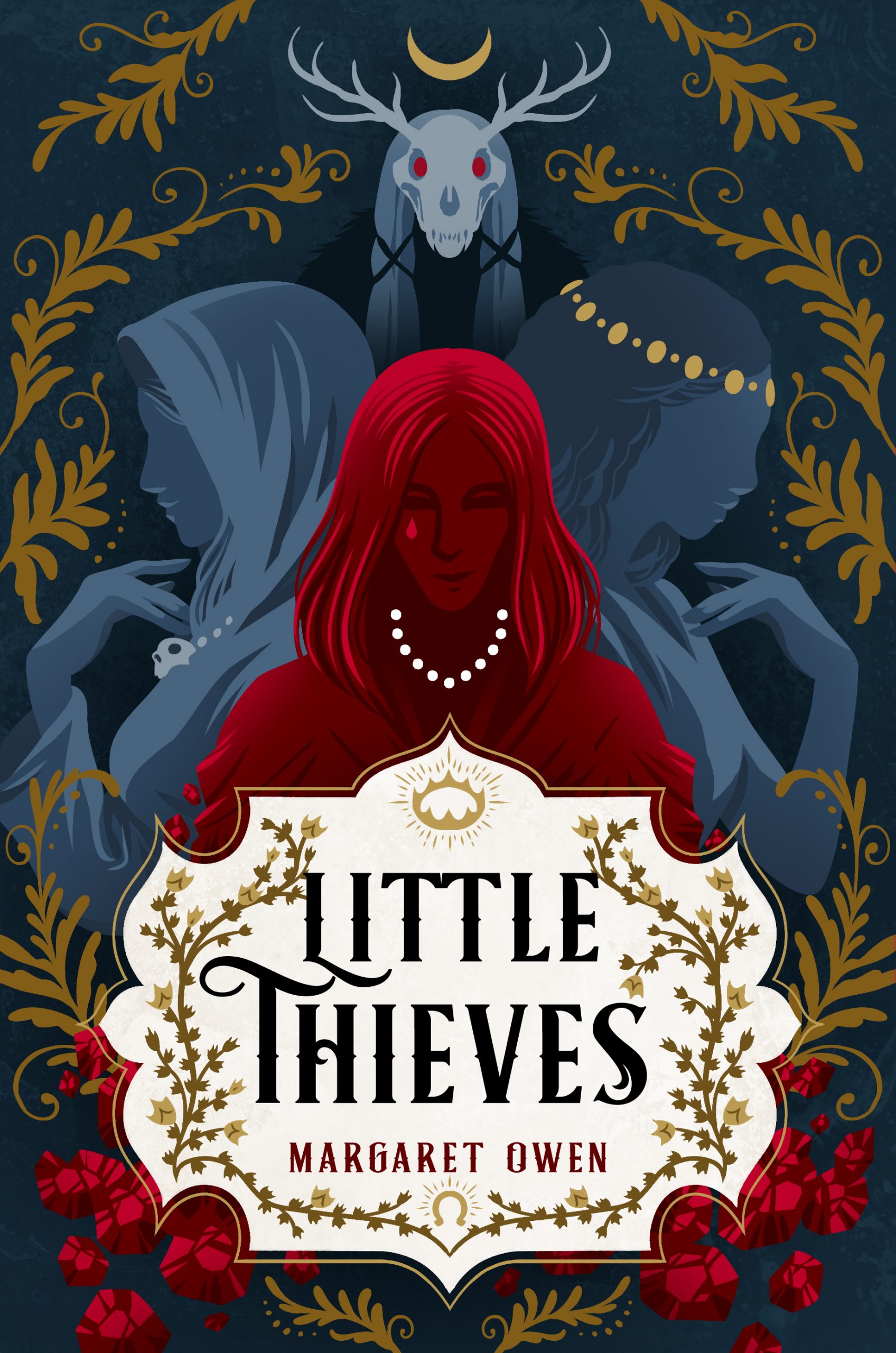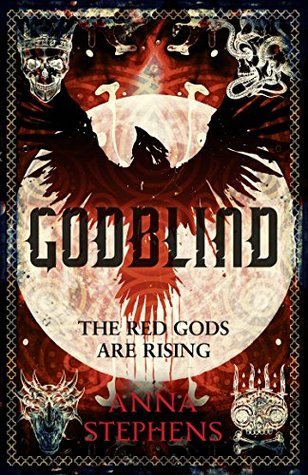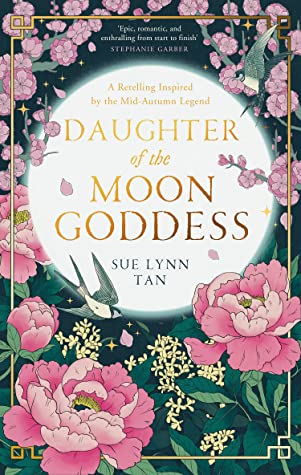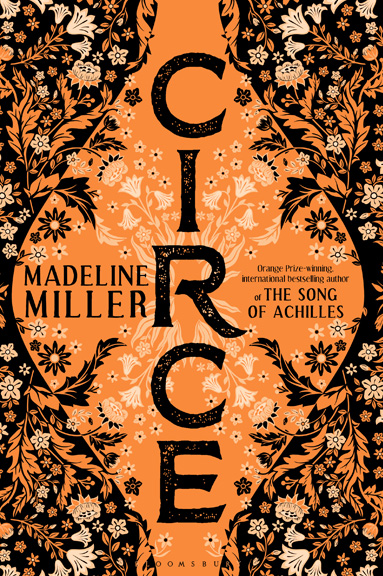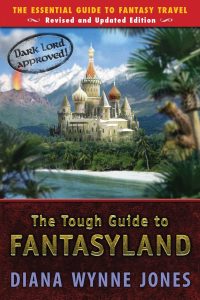Tough Travelling: Deities
 Welcome intrepid adventurers to Tough Travelling with the Tough Guide to Fantasyland!
Welcome intrepid adventurers to Tough Travelling with the Tough Guide to Fantasyland!
That’s right, we’ve dusted it down and brought back this feature (created by Nathan of Fantasy Review Barn, revived by our friends over on Fantasy Faction, then dragged kicking and screaming to the Hive).
It is a monthly feature in which we rack our brains for popular (and not so popular) examples of fantasy tropes.
Tough Travelling is inspired by the informative and hilarious Tough Guide to Fantasyland by Diana Wynne Jones. Fellow bloggers are absolutely welcome to join in – just make your own list, publish it on your site, and then comment with the link on this article!
This month, we’re looking at Goddesses/Gods/Deities. Let’s check the guide and see what Diana Wynne Jones had to say on the matter…
GODDESSES AND GODS operate in ones, threesomes, or whole pantheons of nine or more (See RELIGION). Most of them claim to have made the world, and this is indeed a likely claim in the case of threesomes or pantheons: Fantasyland does have the air of having been made by a committee. But all Goddesses and Gods, whether they say they made the world or not, have very detailed short-term plans for it which they are determined to carry out. Consequently they tend to push people into the required actions by the use of coincidence or PROPHECY, or just by narrowing down your available choices of that to do next: if a deity is pushing you, things will go miserably badly until there is only one choice left to you.
Deities are also much given to manifesting and taking part in the action themselves. They manifest, according to their natures, as a CHILD, a bright light, a silver beam, a demonic creature, or a superhuman human, and in this form will tell you what your next move must be. They have to do this. Because of the Rule that all Goddesses and Gods fade when not worshipped (see IMMORTALS), each deity has constantly to make it quite clear to humans that She/He exists. You may therefore expect to meet at least one deity during your Tour. The experience is generally awe-inspiring and usually instructive, though you may come away from it feeling rather bullied.
A big thank you to Nils, Gray, Asha, and Beth for their recommendations…
Nils:
Age of Ash by Daniel Abraham has a really interesting concept for a god/deity that affects the lives of people living in a certain city. In its own way it shapes each person’s story. Without going into too much detail as it’s fairly spoilery, there is a malevolent goddess/deity which has beaten at the heart of the city of Kithamar for centuries, continuingly shaping its politics and history. It is almost the city itself.
“For one night, Kithamar is a city between worlds and between ages. It falls out of its own history, at once the end of something and the beginning of something else.”
Piranesi by Susanna Clarke also features an interesting concept where a house that is hit by tidal waves and features an infinite amount of corridors and vestibules is seen as a god. Piranesi, our main protagonist, views the House as a god because throughout the novel the House provides for his needs and in its own way protects him. He never questions how he came to the house, nor questions its many unique wonders. He prays to the bones which he finds, and he visits the statues to quell his loneliness and find solace. It’s such a beautiful story, and shows how faith can both be a source of peace and ignorance.
“The Beauty of the House is immeasurable: it’s Kindness infinite.”
Lastly, The Wolf in the Whale by Jordanna Max Brodsky features beautiful asides which tell the story of the Sun, Moon, Air and Sea gods from Inuit mythology. I absolutely loved these, and found them both whimsical and poignant. This book also couples Inuit mythology with Norse mythology stories as there are also stories featuring Odin, Thor and Freya and Loki. The ending is a climatic battle between these two cultures, one of peace and one of war. The characters are left finding a bridge between the two.
Gray:
I suppose that I’m obliged to make my mandatory Discworld reference. Blind Io, king of the gods, with his floating cloud of glowing eyes, Offler the crocodile headed god who has something of a speech impediment because of the tooth and tusk situation. Most of the major interaction characters have with the gods seem to be through green eyed lady Luck, but just mentioning her by name is enough to drive her away. And of course, they all play games with the lives of mortals, games with rules that none of them ever bothered to properly learn, and they’re all cheating the whole time anyway.
I’m also legally obliged to mention H.P. Lovecraft’s host of eldritch gods, many of whom have names utterly unpronounceable to humans, which makes sense, because they’re almost entirely indescribable too. Unlike most gods, they don’t seem particularly reliant upon worship, or even care about it. They’re more like unstoppable forces of nature that we can only survive by avoiding their attention, something that is easy enough most of the time, when we’re so tiny and insignificant to them.
To my mind, Neil Gaiman’s most significant work was probably American Gods, which revolved around the pagan deities of old that had been carried across to the new world with their followers. Much of the conflict in the story revolves around these old gods struggling to survive in a new world that has forgotten them, and how they have adapted.
And stretching back even further than my usual Lovecraft reference, we have Lord Dunsany, whose short stories revolved almost entirely around his own invented pantheon of gods, written in such a way as to evoke the classical myths that were, and are, still such an inspiration to the genre.
Asha:
There are so many books I want to mention that I can’t, for fear of spoilers, because a character’s godhood doesn’t become apparent until later in the book! The first goddess-from-the-start to come to mind is Aelia from Daughter of the Sun by Effie Calvin. She’s a very minor chaos goddess in a world where there are hundreds or possibly even thousands of deities, all with very niche domains; when she becomes trapped in a human form, and forced to go on a road trip with an extremely non-chaotic paladin, sparks fly. I really loved her voice – she’s snarky and confident, but also naïve about human things and struggling to adjust to her new limitations, so she’s just enormous fun to spend time with. The story also explores the very concept DWJ does above, the Rule that it’s worship that keeps deities in power – tricky, when you can no longer do miracles…
At some point in these posts you’re going to be rolling your eyes and thinking ‘oh good, Asha’s talking about Tamora Pierce again’, but I really love the way she integrates the deities into her Tortall books. At first religion seems to be a fairly neutral concept, with characters just worshipping deities because that’s the done thing, but then at various points different characters find themselves under the scrutiny of the gods, who can be very, very real when they want to. Alanna’s link to the Mother Goddess in The Song of the Lioness series is almost a mentorship, whereas Daine’s interactions with the Graveyard Hag in the Immortals series are rather more dramatic. The Realms of the Gods, the fourth book in Daine’s series, sees Daine travelling to the home of the gods, and we get to meet not only humanoid deities, but also animal deities, including the god of platypi, who is wonderful!
The Black Iron Legacy books by Gareth Hanrahan are extremely intricate fantasy that I’ve been heard to describe as ‘as if HP Lovecraft met Brandon Sanderson in the pub and they got drunk on brightly coloured jelly shots.’ There’s far too much going on with the gods to explain it here simply, but I wanted to mention how much I loved the way the gods communicate with their chosen one: through the ringing of the city’s Black Iron bells. It’s creepy as hell and very clever.
I also really enjoyed the depictions of Death and Fortune in Little Thieves by Margaret Owen. These two terrifying deities take a surprising role as main character Vanja’s godmothers, and though they only pop up occasionally, they’re deeply important to the story, and I loved the way they were shown as simultaneously loving and terrifying. It’s a very fairy tale take on deities as the personification of concepts.
Beth:
Well, if you’re going to roll your eyes at Asha for mentioning Tamora Pierce, you can keep them rolling because you know who I’m going to mention first – Anna Stephens. Both of Anna’s series, Godblind and Songs of the Drowned, feature gods; I think in fiction generally it’s difficult to create a world without them as faith and religion is an intrinsic part of the human experience. As such, Stephens’ faiths always play a large role in her stories. My favourite god of hers, though, is the Trickster fox god from Godblind. He’s something of a lawful chaotic creature, underestimated but powerful in a scrappy kind of way.
In Godbind, the deities use the mortal characters as pawns in their battles. In Sue Lynn Tan’s Daughter of the Moon Goddess, pretty much everyone is a deity. Our protagonist is Xingyin, the eponymous daughter of the Moon Goddess, Chang’e. She becomes the companion of the Celestial Emperor’s son, Prince Liwei. The story is a veritable buffet of deities from Chinese mythology.
And speaking of deific buffets, Circe by Madeline Miller lays on an impressive spread of Greek deities and heroes for your delight. What was particularly good about Miller’s retelling was that, even though she features a great deal of the pantheon, she does so in a way which wasn’t at all confusing or intimidating.
Next month, to celebrate the festive season, we’ll be looking at RESURECTION in fantasy.
We would love to hear from follow bloggers! If you would like to join in with our Tough Travelling, please tag us in your posts!

